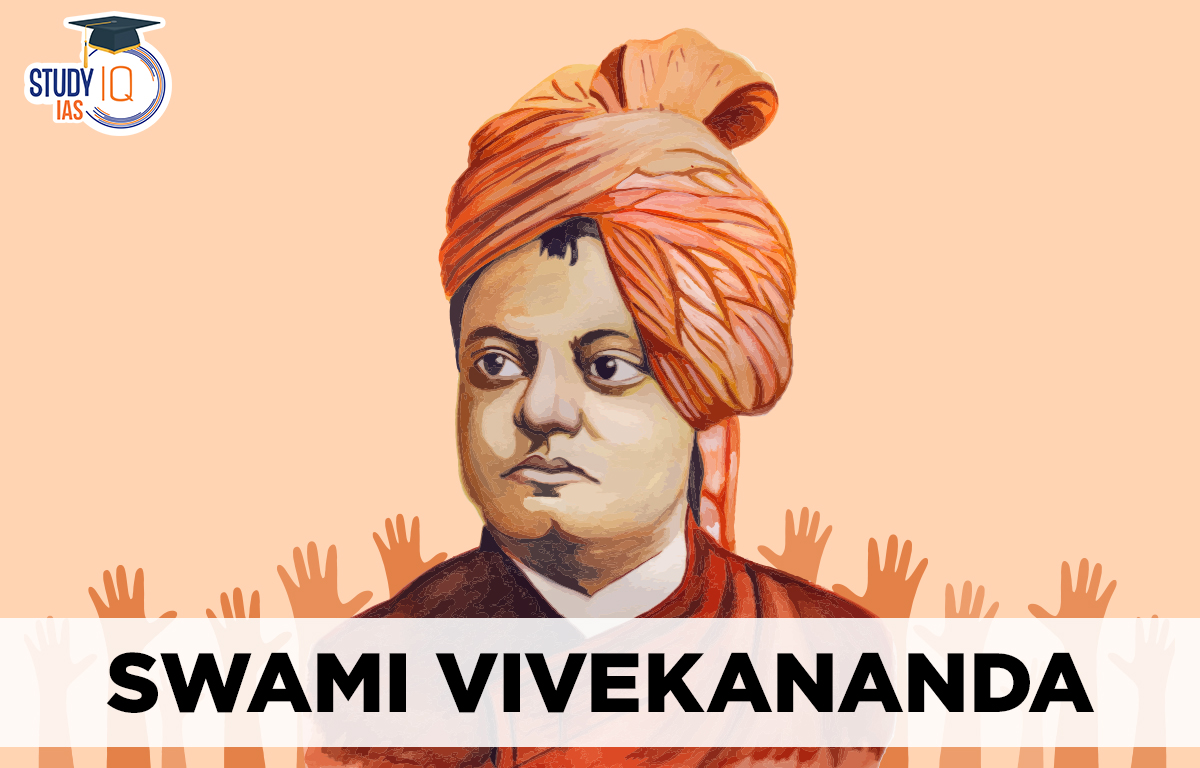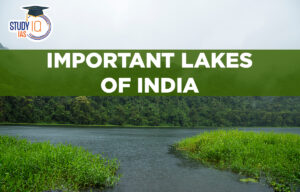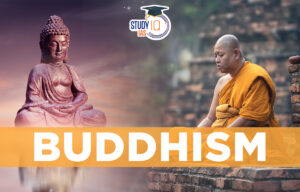Table of Contents
Swami Vivekananda, born Narendranath Dutta on 12 January 1863, in Kolkata (then Calcutta), India, was a spiritual leader, philosopher, and a key figure in introducing Indian philosophies of Vedanta and Yoga to the Western world. His life and teachings continue to inspire millions globally, making him an enduring symbol of spiritual wisdom and social reform.
Swami Vivekananda Biography
Swami Vivekananda’s life was a remarkable journey of self-discovery, spiritual awakening, and social reform. His teachings on self-reliance, universal brotherhood, and spiritual enlightenment continue to resonate with people across the globe. As we celebrate National Youth Day on 12 January, we remember and honor his immense contributions to humanity and his enduring legacy.
National Youth Day 2024
On January 12th, National Youth Day 2024 commemorates the birthday of Swami Vivekananda, a revered spiritual and social leader in India. This day serves as a tribute to his legacy and is dedicated to motivating young minds, fostering education, and promoting community service. The theme for National Youth Day 2024 is “Arise, Awake, and Realise the Power You Hold.”
This celebration offers a platform to enlighten the youth about social consciousness, leadership, and responsibility through a diverse array of talks, events, and cultural activities. It aims to inspire and empower the younger generation to recognize and harness their potential for positive change in society.
| Aspect | Details |
|---|---|
| Full Name | Swami Vivekananda |
| Birth Date | January 12, 1863 |
| Birthplace | Calcutta (now Kolkata), British India |
| Original Name | Narendranath Datta |
| Parents | Vishwanath Datta (Father) and Bhuvaneshwari Devi (Mother) |
| Education | Graduated from Presidency College, Calcutta |
| Spiritual Mentor | Sri Ramakrishna Paramahamsa |
| Notable Disciples | Sister Nivedita, Swami Brahmananda, Swami Saradananda, etc. |
| Founding Order | Ramakrishna Math and Ramakrishna Mission |
| World Parliament of Religions | Delivered historic speech in Chicago in 1893 |
| Philosophy | Advocate of Vedanta and Yoga; Emphasized on the universality of religions |
| Legacy | Instrumental in introducing Indian philosophies to the Western world; Inspired the youth through his teachings |
| Death Date | July 4, 1902 |
| Death Place | Belur Math, West Bengal, India |
Swami Vivekananda’s Early Life
Swami Vivekanand was one of the eight children of Vishwanath Dutta and Bhuvaneshwari Devi and was born in Calcutta as Narendranath Dutta into a wealthy Bengali family. On January 12, 1863, the day of Makar Sankranti, he was born. Father Vishwanath was a prominent member of society and a successful lawyer. Mother Bhuvaneshwari, who had a powerful, godly mind, had a significant influence on her son Narendranath.
Swami Vivekananda Education
Narendranath was a bright little boy who showed intelligence. His playful demeanour belied his love of vocal and instrumental music. His academic performance was outstanding both at the Metropolitan institution and the Presidency College in Calcutta. By the time he received his college degree, he had broadened his knowledge of several subjects.
He participated in athletics, wrestling, gymnastics, and bodybuilding. He read voraciously and learned practically everything there was to know. He studied Western philosophy, history, and spirituality by David Hume, Johann Gottlieb Fichte, and Herbert Spencer in addition to Hindu scriptures like the Bhagavad Gita and the Upanishads.
Swami Vivekananda Lecture at World Parliament
He learned about the World Parliament of Religions, which took place in Chicago, America, in 1893, while he was travelling. In order to represent India, Hinduism, and his Guru Sri Ramakrishna’s teachings, he was eager to attend the gathering. While contemplating on the rocks of Kanyakumari, India’s southernmost tip, he experienced the affirmation of his wishes. On May 31, 1893, Vivekananda, Raja of Khetri, and Ajit Singh departed from Bombay for Chicago after money was donated by his followers in Madras (now Chennai).
On his journey to Chicago, he endured unfathomable challenges, yet his enthusiasm never wavered. When it was time, on September 11, 1893, he entered the platform and startled everyone with the words “My brothers and sisters of America.” The audience applauded him standing ovation for the opening sentence. He continued by elaborating on Vedanta’s philosophical foundations and their spiritual relevance, putting Hinduism on the map of major world religions.
He stayed in America for the following 2.5 years, starting the Vedanta Society of New York in 1894. He also went to the UK to spread the teachings of Hindu Spiritualism and Vedanta to the Western world.
Swami Vivekananda Legacy
The actual pillars of India’s national unity were unveiled to the world by Swami Vivekananda. He demonstrated how a country with such a wide range of cultures can be brought together by a sense of brotherhood and humanity. Vivekananda addressed the shortcomings of western civilization as well as India’s role in overcoming them. Swamiji brought together the East and the West, religion and science, the past and the present, as Netaji Subhash Chandra Bose famously said. He is great because of this.
His lessons have helped our countrymen develop unparalleled levels of self-respect, self-reliance, and self-assertion. Vivekananda was effective in creating a fictitious link between Eastern and Western cultures. He provided Westerners with interpretations of Hindu scriptures, philosophy, and way of life. He helped them understand that, despite its underdevelopment and poverty, India had a significant cultural contribution to contribute. He was instrumental in breaking India’s cultural barrier to the rest of the globe.
Swami Vivekananda Death
It was predicted by Swami Vivekananda that he would not live past the age of forty. He continued his day’s work at the Belur Math, instructing the students in Sanskrit grammar, on July 4, 1902. In the evening, he retired to his room, and about nine, he passed away while meditating. The renowned saint was burned on the banks of the Ganges after allegedly achieving “Mahasamadhi.”
Swami Vivekananda UPSC
- Swami Vivekananda was born in Calcutta in January 1863 as Narendranath Dutta.
- Ramakrishna Paramahamsa, who later served as Swami Vivekananda’s Guru, had an influence on him.
- As a monk, Swami Vivekananda traversed all of India and the West.
- Especially Advaita Vedanta and Yoga philosophies, his works and lectures significantly contributed to the propagation of Hindu philosophy in the West..
- He formally took monastic vows in 1886.
- Swami Vivekananda founded numerous Mathas in India, with the Belur Math in Belur, Howrah district, being the most significant.
- The Ramakrishna Mission was established by Swami Vivekananda in May 1897.
- Swami Vivekananda passed away in West Bengal’s Belur Math in 1902.


 Important Lakes of India, State wise and...
Important Lakes of India, State wise and...
 Buddhism History, Origin, Sect, Councils...
Buddhism History, Origin, Sect, Councils...
 Andaman and Nicobar Islands, History, Cl...
Andaman and Nicobar Islands, History, Cl...





















